Your path to better wellness starts here
Mindful Building Solutions (MBS) is a boutique counselling and wellbeing practice specialising in rehabilitation and general counselling, as well as carpentry and renovation services that have a strong focus on occupational rehabilitation and disability.
We support individuals facing life challenges, whether it is recovering from injuries, disabilities, loss of employment, or redesigning living spaces to accommodate mobility changes or navigating the return-to- life process with confidence and care.
MBS offers a safe, confidential, and non-judgmental space where you can freely express your thoughts, explore your feelings, and
share whatever is on your mind.
In your appointments with us, you will have the opportunity to discuss topics that you may not feel comfortable sharing elsewhere, gaining
deeper insight and a fresh perspective on your concerns.
We can help you develop new coping strategies, recognize your strengths, enhance self-awareness, so you can foster a greater sense of positivity.

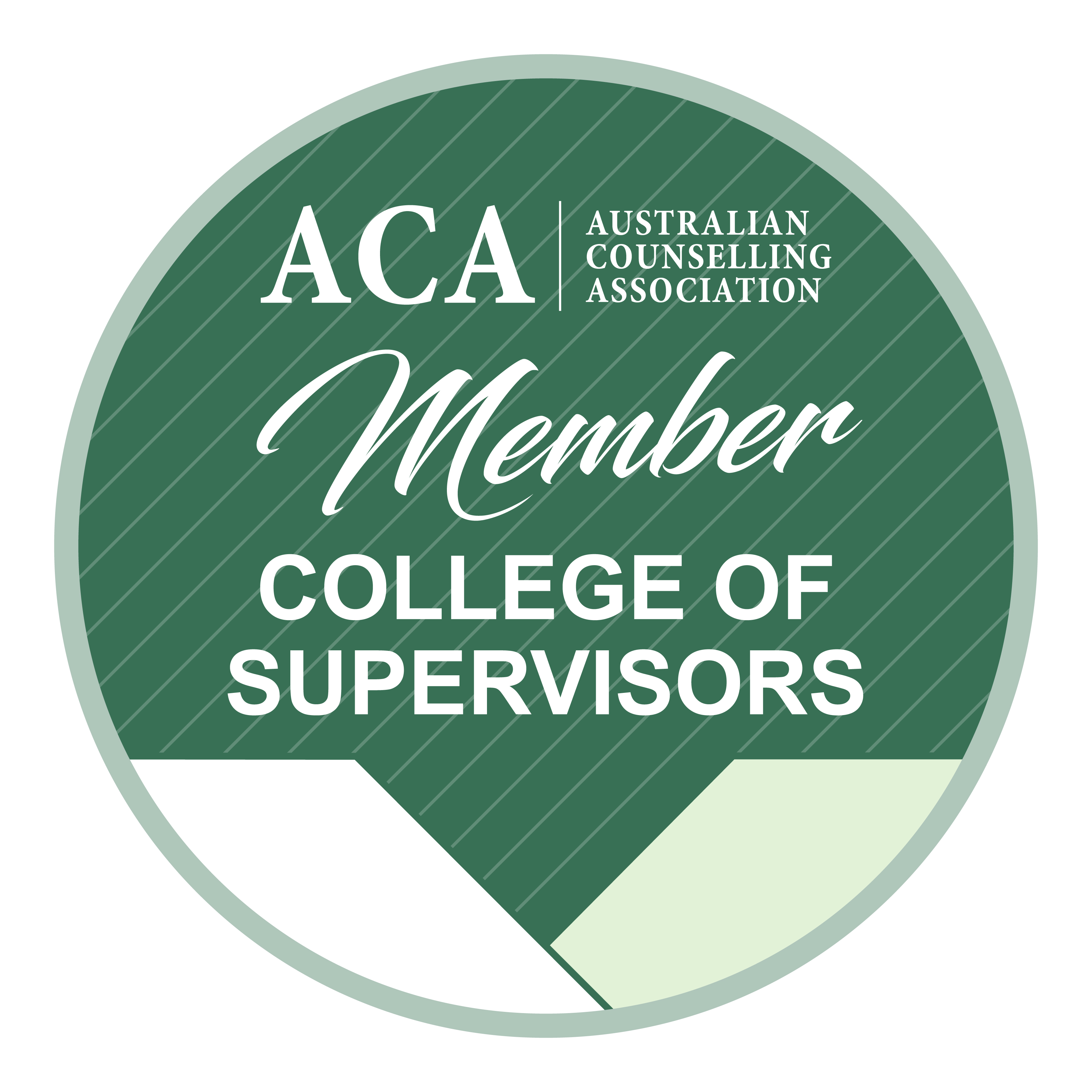
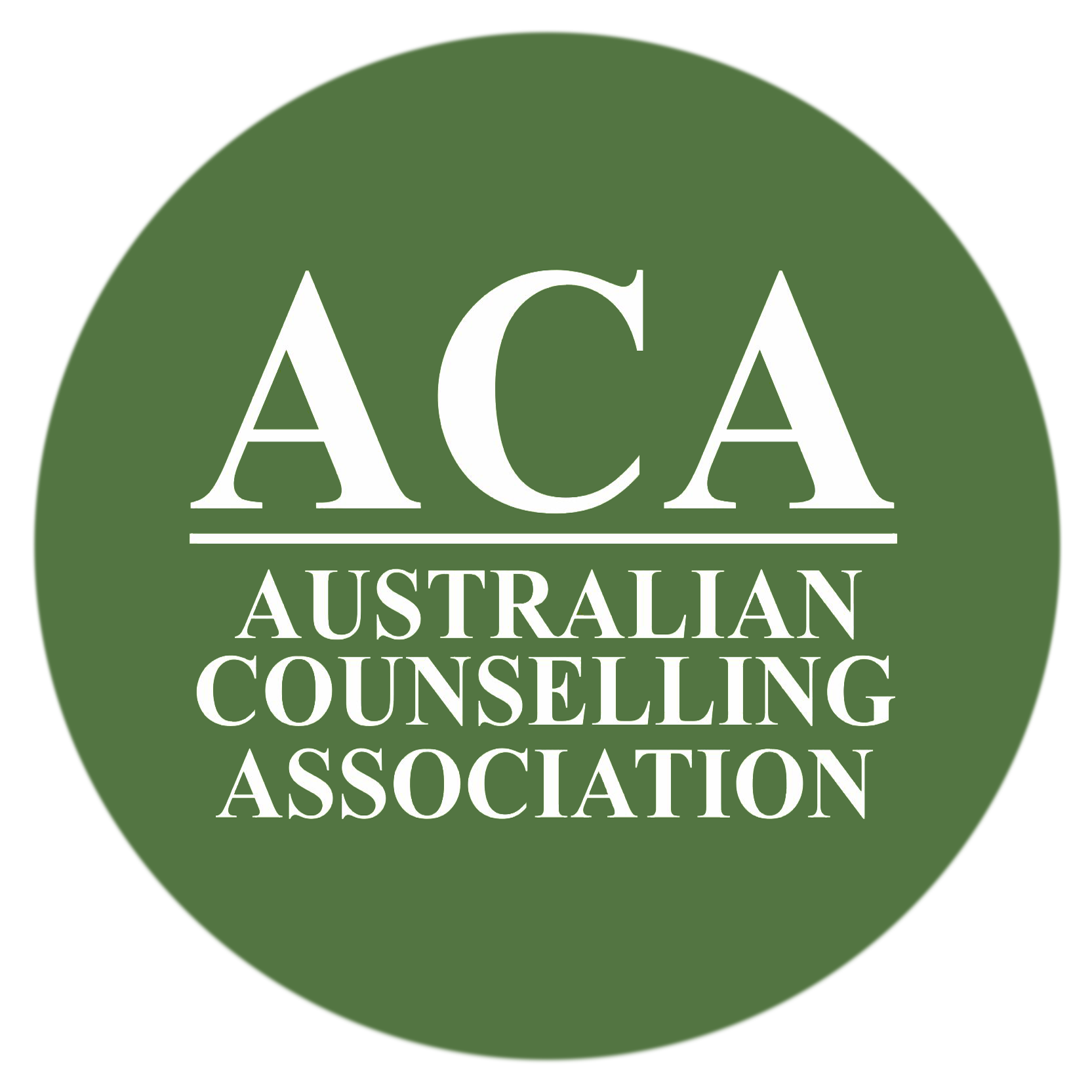
.png)

Call Us: 07) 3608 1355 or email: admin@mindfulbuildingsolutions.com.au
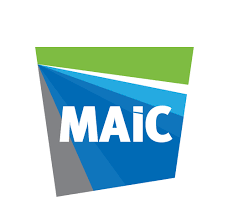
Involved in a motor vehicle accident? You don’t have to navigate recovery alone. Our MAIC-approved counselling helps you make sense of the emotional impact, adjust to changes, and take steps toward a more confident and connected life. Support may be fully funded through MAIC—get in touch to see if you're eligible and book your first session.

Ready to take the next step forward? Our adjustment-to-injury counselling and assessment services are here to help you come to terms with the past and confidently navigate your ‘new normal.’ We offer a safe, supportive space to rebuild confidence, return to work, regain independence, and reconnect socially—without being defined by your injury. Let’s create a pathway forward together. Book your session today, you do not need approval for your first session.

MBS offers personalised career coaching for all stages—from recent graduates to seasoned professionals seeking change. Our expert allied health coaches help you clarify goals, overcome challenges, build confidence, and connect with recruiters. Combining labour market insights, empowering you to make confident decisions.

Ready to take the next step forward? Our adjustment-to-injury counselling and assessment services are here to help you come to terms with
the past and confidently navigate your ‘new normal.’ We offer a safe, supportive space to rebuild confidence, return to work, regain
independence, and reconnect socially—without being defined by your injury. Let’s create a pathway forward together. Book your session
today, you do not need approval for your first session.

MBS, provides expert return-to-work services for individuals recovering from psychological or physical injuries—including those resulting from workplace stress, bullying, harassment, or traumatic events. MBS is committed to delivering high-quality, evidence-based workplace rehabilitation support, helping clients navigate their recovery and return to work.

QBCC 15418325
Specialist Carpentry and renovation services for clients who need to make alterations to accommodate their injury or disability. Types of services include kitchens, ramps, built-in cupboards, and more, focusing on creating accessible, practical solutions enhancing your independence and comfort at home. Call us today to book an appointment and receive your free, no-obligation quote.

Mindful Building Solutions (MBS) is specialised in assisting clients who face work-related challenges or injuries, providing tailored
support to help them recover and successfully return to work. Our focus is on delivering personalised, compassionate care to navigate
the complexities of workplace injury and promote long-term vocational wellbeing.

Davina is a registered Rehabilitation Counsellor with ASORC, and has the required experience, qualifications and registration to undertake assessments and prepare reports.
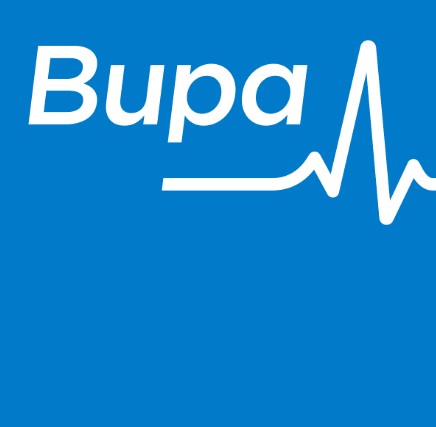







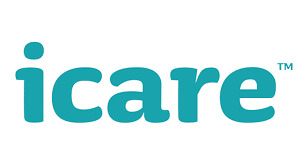

We understand that attending in-person appointments can be challenging, especially for participants living in remote areas or outside our travel range. That’s why we offer telehealth services—ensuring you can access the support you need, no matter where you are.
Getting back to work after an injury shouldn't feel like navigating a maze blindfolded. Yet thousands of Queensland workers struggle
through the WorkCover system every year, making critical mistakes that delay their recovery and add unnecessary stress to an already
challenging situation.
If you're dealing with a workplace injury or helping someone through the return-to-work process, these seven common mistakes could be
sabotaging your recovery. Here's what you need to know to get back on track.